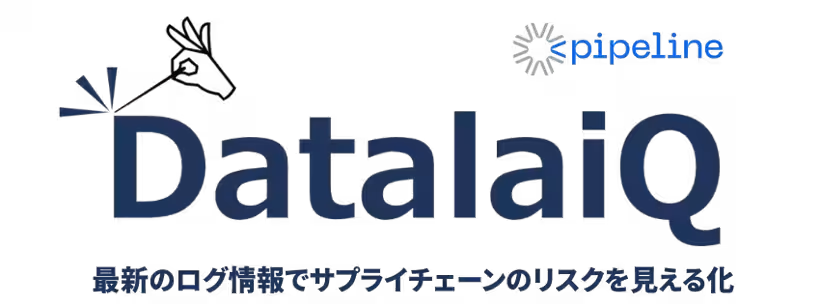

PIPELINE Introduces DatalaiQ for Advanced Log Data Analysis at Chiba University Hospital
PIPELINE Introduces DatalaiQ at Chiba University Hospital
PIPELINE Inc., a company specializing in cutting-edge security solutions, has recently announced the implementation of its large-capacity log data analysis solution, DatalaiQ, at Chiba University Hospital. This move is aimed at enhancing the hospital's cybersecurity efforts amidst increasing demands for stringent monitoring and analysis of potential threats.
Background of Implementation
Chiba University Hospital previously managed network devices like Switching Hubs and Radius Servers by utilizing separate Syslog Servers. In addition, they were already equipped with various measures to counter cyber threats, including a Computer Security Incident Response Team (CSIRT). However, the hospital faced constraints due to the manpower requirements and budget limitations associated with security audits.
In particular, when it comes to cybersecurity investigations requested frequently by related organizations, including the National Police Agency, a significant effort is required to scrutinize vast amounts of IP addresses, domains, and communication records using the provided keywords. The existing tools used for analyzing logs related to suspected security incidents often lacked the processing capacity and speed necessary for comprehensive searches, leading to a cumbersome auditing process. Thus, the need for a more efficient solution to enhance auditing operations through effective correlation analysis became apparent.
Selecting DatalaiQ
The decision to adopt DatalaiQ stemmed from the competitive bidding process for the next network system at the hospital. During this process, potential solutions were evaluated, and DatalaiQ stood out due to its ability to unify and manage multiple sources of log data effectively. It allows for streamlined searches that pass through various data points, which was a key factor in the decision-making process.
Additionally, the expected high functionality and cost-effectiveness of the automated analysis were essential criteria set for the procurement of the analysis system. As a result, PIPELINE's DatalaiQ was selected as the winning proposal.
Advantages of DatalaiQ
One of the significant advantages of DatalaiQ compared to similar tools is its user-friendly interface, which includes Japanese menu options for easier navigation. Looking ahead, DatalaiQ aims to abandon the traditional notion of 'boundaries' in information security. Instead, it is built on the zero-trust model, ensuring that any information asset, regardless of its source, is subject to thorough security validation while expanding the types of logs it can process.
DatalaiQ's capabilities in automation and correlation analysis, alongside workflows for periodic automation and event-driven analysis, are expected to significantly bolster cybersecurity measures.
Endorsement from PIPELINE
Alan Watanabe, President of PIPELINE, expressed enthusiasm for the successful implementation of DatalaiQ at Chiba University Hospital, emphasizing the importance of maintaining information security in healthcare settings. He highlighted that ensuring the safety and trust of patients is paramount, and high-level security needs to be achieved without hindering day-to-day operations.
The introduction of DatalaiQ is anticipated to not only consolidate multiple data sources for better management but also facilitate rapid anomaly detection and analysis of potential risks within the system. This will aid in the early detection and response to cyberattacks, ultimately contributing to reduced operational workloads in information security management, thus enhancing overall efficiency.
Moving forward, PIPELINE aims to continue supporting the hospital’s cybersecurity needs while helping optimize their operations. The goal is to ensure that healthcare providers can focus on delivering the best possible medical services to their patients, free from disruptions caused by cybersecurity challenges.


Topics Health)










【About Using Articles】
You can freely use the title and article content by linking to the page where the article is posted.
※ Images cannot be used.
【About Links】
Links are free to use.